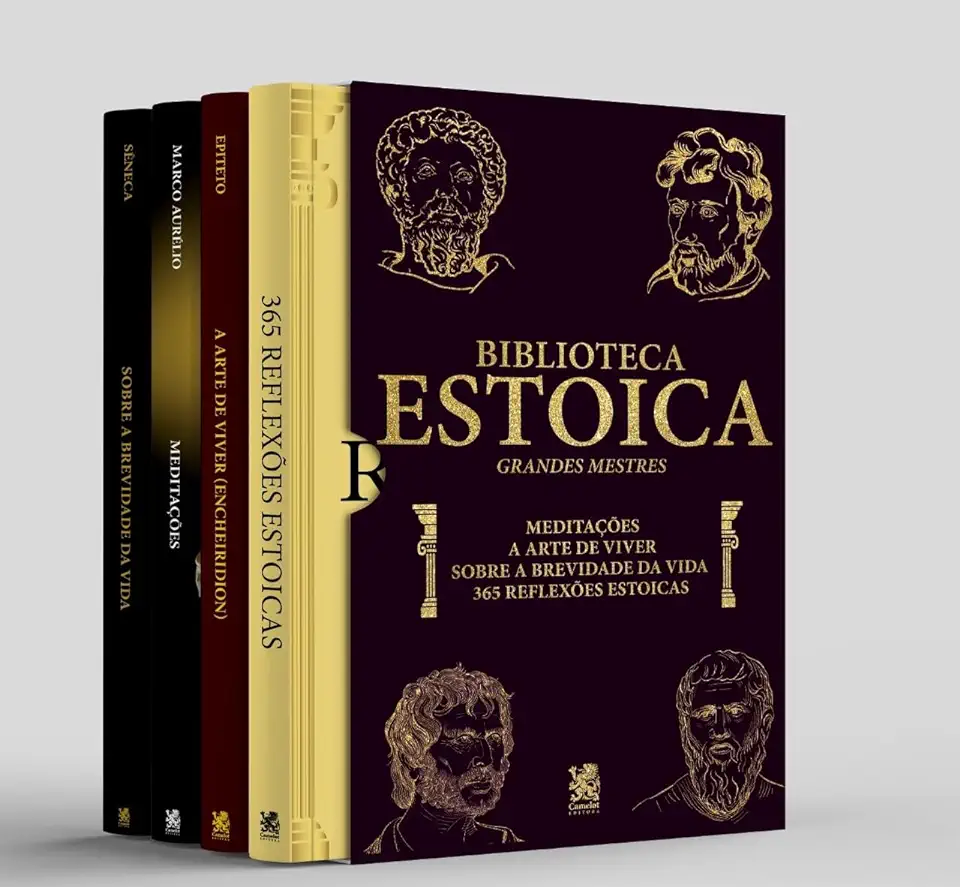
My Philosophical Development - Bertrand Russell
My Philosophical Development: Bertrand Russell
A Journey of Intellectual Exploration
In "My Philosophical Development", Bertrand Russell, one of the most influential philosophers of the 20th century, embarks on a captivating journey of intellectual exploration, sharing the evolution of his philosophical thought and the profound impact it had on his understanding of the world. Through his engaging and lucid prose, Russell invites readers to join him on an exhilarating quest for truth, knowledge, and a deeper comprehension of the human condition.
From Mathematics to Philosophy
Russell's philosophical journey begins with his early fascination with mathematics, a field that instilled in him a rigorous approach to reasoning and a relentless pursuit of logical precision. However, his intellectual curiosity soon led him to question the foundations of mathematics itself, propelling him into the realm of philosophy.
The Influence of Great Thinkers
Russell acknowledges the profound influence of several great thinkers on his philosophical development. Among them, G.E. Moore, with his emphasis on logical analysis, and Ludwig Wittgenstein, with his linguistic insights, played pivotal roles in shaping Russell's philosophical outlook. Russell's interactions with these intellectual giants challenged his assumptions and pushed him to refine his own philosophical positions.
Logical Atomism and the Rejection of Idealism
One of Russell's most significant contributions to philosophy was his development of logical atomism, a theory that viewed the world as composed of fundamental, indivisible entities called "logical atoms." This theory challenged the prevailing idealist philosophies of his time, which posited that reality is fundamentally mental or spiritual in nature. Russell's logical atomism provided a rigorous framework for understanding the relationship between language, thought, and the external world.
The Theory of Descriptions
Russell's philosophical acumen is further exemplified in his theory of descriptions, which revolutionized the field of semantics. This theory challenged traditional notions of reference and meaning, arguing that statements containing definite descriptions, such as "the current president of the United States," do not refer to a single object but rather to a complex proposition. Russell's theory of descriptions had a profound impact on the development of modern logic and philosophy of language.
Scepticism and the Search for Certainty
Russell's philosophical journey was not without its moments of doubt and scepticism. He grappled with the limitations of human knowledge and the challenges of establishing absolute certainty. Despite these challenges, Russell remained committed to the pursuit of truth and the rigorous application of reason to philosophical inquiry.
The Value of Philosophy
Russell passionately argues for the enduring value of philosophy in human life. He contends that philosophy, by questioning fundamental assumptions and exploring the nature of reality, liberates the mind from dogma and prejudice. Philosophy, Russell asserts, is not merely an academic pursuit but a vital tool for cultivating critical thinking and achieving a deeper understanding of ourselves and the world around us.
Conclusion
"My Philosophical Development" is an intellectual odyssey that takes readers on a journey through the mind of one of the greatest philosophers of modern times. Bertrand Russell's candid and engaging account of his philosophical evolution offers a profound exploration of logic, language, knowledge, and the human condition. This book is a must-read for anyone seeking to expand their intellectual horizons and embark on their own philosophical journey.